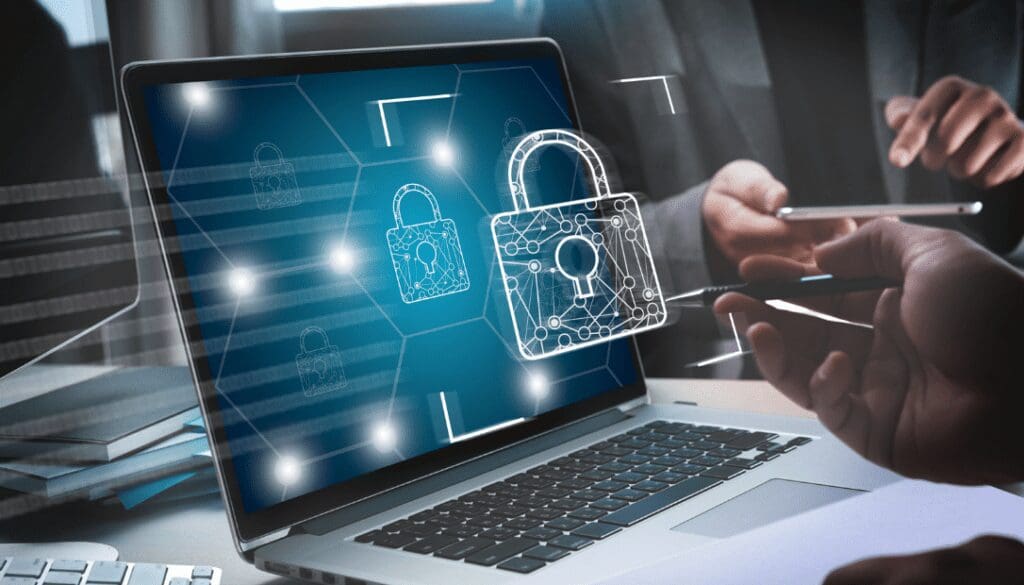Search Posts
Recent Posts
- February 2026- Q&A, Virtual Currency February 4, 2026
- Itemized Deductions-Interest Paid February 4, 2026
- High Income Taxpayers February 4, 2026
- Tax Time! January 6, 2026
- Capital Gains and Losses January 6, 2026
Categories
Subscribe!
Thanks for subscribing! Please check your email for further instructions.
Cyber Security Awareness

Cybersecurity Awareness Month, conducted every October, is a collaboration between government and private industry to raise awareness about digital security and empower everyone to protect themselves against cybercrime. While the IRS and its Security Summit partners continue a robust effort fighting identity theft and fraudulent tax returns, help is still needed. Families, especially teens and senior citizens, need to know the importance of being cautious and how to stay safe online.
The Security Summit is a coalition of state tax agencies, private-sector tax industry officials and the IRS that works year-round to protect taxpayers. Together, they are fighting back against emerging criminal threats in the United States and overseas that use identity theft to file fraudulent returns for refunds.
During National Cybersecurity Month and throughout the year, the IRS is asking parents, families and others to be mindful of the potential dangers in sharing devices at home, shopping online and using social media. Often, the less experienced can put themselves and others at risk by leaving an unnecessary trail of personal information for fraudsters.
Online safety
A few simple suggestions that can help protect children and other vulnerable groups from potential dangers to their personal data are:
- Recognize and avoid scams. Phishing emails, fake social media profiles, threatening phone calls and texts from thieves posing as the IRS or legitimate organizations, especially government programs, present ongoing risks. Learn what a scam call sounds like, and do not click on links or download attachments from unsolicited suspicious emails from unknown senders and verify contact/content/context with trusted senders.
- Never overshare. Providing only what is necessary will minimize online exposure to scammers and criminals. Do not share too much personal information like birthdates, addresses, age, financial information such as bank account and Social Security numbers.
- Public Wi-Fi networks. Connection to Wi-Fi in a mall or coffee shop is convenient but it may not be safe. Cybercriminals can easily intercept personal information on public networks so always use a virtual private network when connecting to public Wi-Fi.
- Use security software and anti-virus protections. Make sure electronic devices have security software that is always turned on and can automatically update. Encrypt sensitive files such as tax records stored on computers. Ensure all family members have comprehensive protection, especially if devices are being shared. Use strong, unique passwords for each account. Consider a password manager, enable two-factor or multi-factor authentication for business, personal and online accounts.
Remember, the IRS does not use text messages or social media to discuss personal tax issues, such as those involving tax refunds or tax bills. For more information, visit the Tax Scams and Consumer Alerts page on IRS.gov. Additional information about tax scams is also available on IRS social media sites, including YouTube videos.
